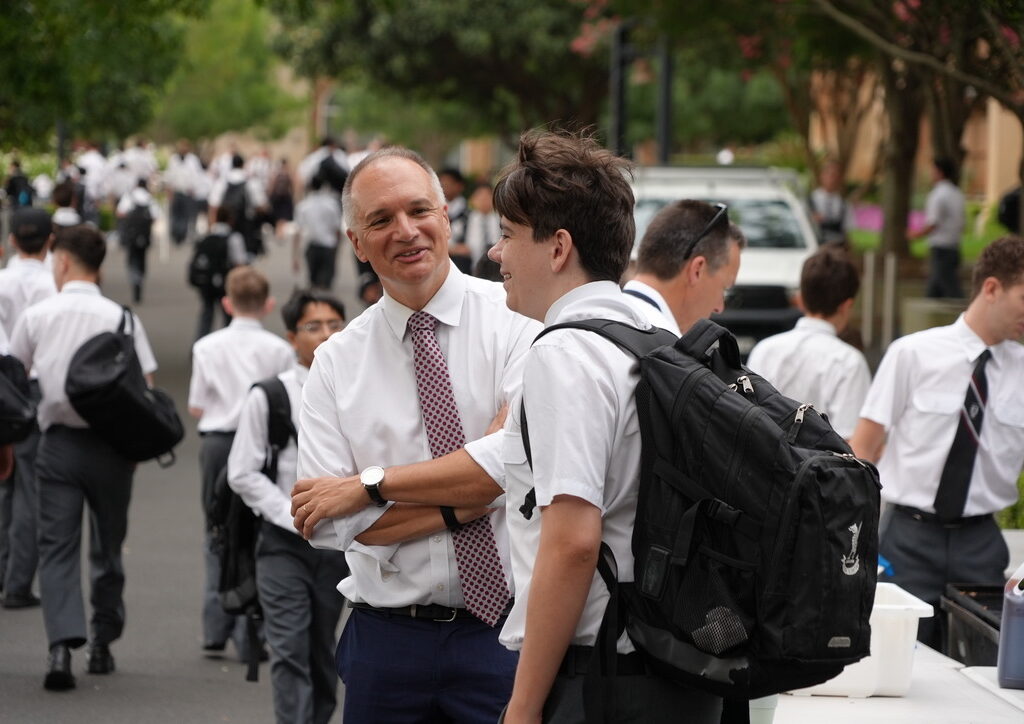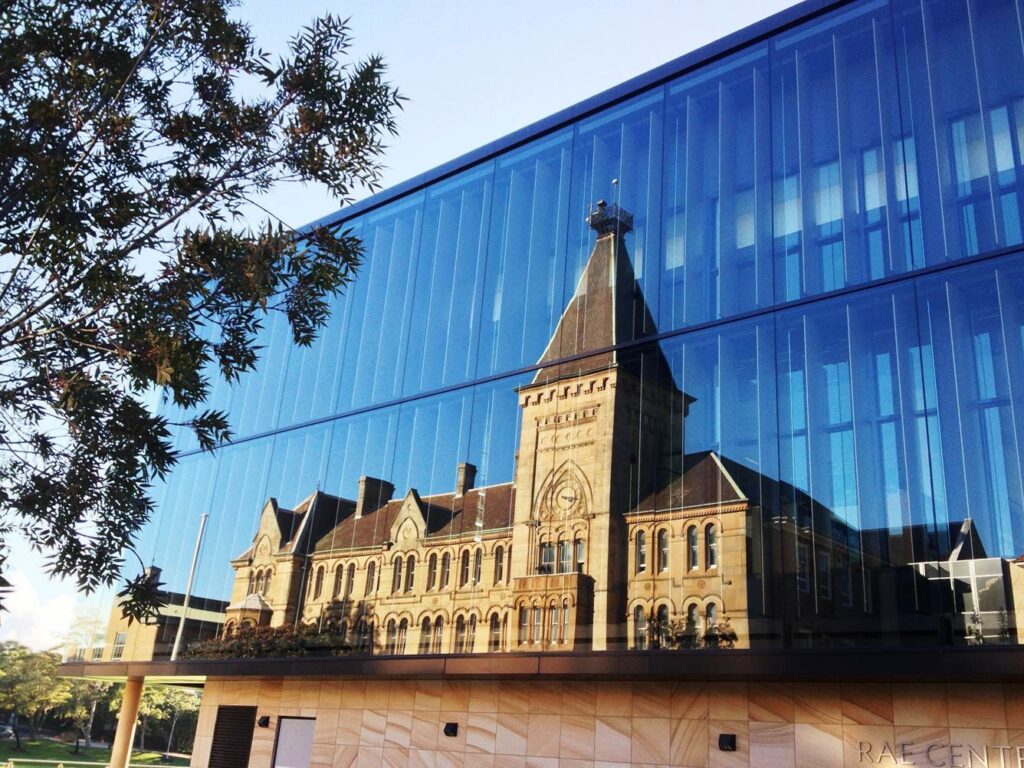Our obligation to educate citizens
Our obligation to educate ‘citizens’
At schools we have the obligation to educate the next generation as the best parents, partners, employees, employers, thinkers, carers, sportspeople and so on. We also have an obligation, I believe, to educate them in their lives as citizens. We are not asked to exercise our obligations as citizens all that often – mainly every couple of years at an election. But when those times come around, it does allow the school to talk a little about democracy and about how all of us can be good and reasonable citizens.
Democracy is a right and a privilege – many people in history would have (and did) sacrifice a lot to be a part of choosing their government. Indeed in 1940 there were only 13 democracies on the planet, and in the 19th century there were only one or two.
Like many people I consider that democracies, while solid, do not look like the unshakable force of the future they might have 25 years ago. A variety of factors have made decent quality, respectful discussions about different points of view more difficult in many parts of the world. I think Australia is actually doing relatively well on this front. But this requires vigilance from year to year and generation to generation.
I spoke at the senior school assembly yesterday about the importance of our liberal democracy and suggested that elections were a good time for students to look at some of the economic and social issues that touch the political landscape and shape each parties’ platform. I spoke about how your sons will soon be (and in some cases already are) of voting age, and that we believe it is important they think critically about issues that could affect their lives and consider their views on those issues – regardless of what those views are. (I think this is about when a lot of Year 7 and 8 started looking out the window.) I spoke about how the issues in an election were at least, if not more, important than the daily grind of personality politics, the focus on individuals, the focus on the contest etc.
I then suggested they might like to look at the site Vote Compass, either in their mentor groups or with you at home. This site asks 30 questions about issues, then indicates how your own position situates you in relation to the major parties. The great thing about this for many students is that it introduces them to a number of issues for the first time – they can then discuss them and even look into them further. Some of the issues (eg superannuation) are not things most of them will be interested in for at least another decade or four. But other issues have relevance to their lives right now. It is important to stress that we are not attempting to push boys in one political direction or another – but to get them to be engaged as citizens in the arguments. We are equally proud of our Old Boys who currently serve both major parties.
We had a sample go of the program on assembly with the three school leaders, Aiden Carter, Ryan McPhail and Mitch Hyslop. Of the 30 randomised questions, they did 24 in advance, then made quick joint decisions on the last 6 at assembly. (There is a section after this on the site asking more political questions about parties and leaders – we simply answered every question 5/10 automatically to get past it). It was a great way to show all the boys how the site worked to present a series of issues and hopefully generated some interest in the issues.
I hope that in the next few days you will have a go at the site with your kids at the dinner table, or somewhere nearby if you have a technology free table. It should create a few good quality discussions with them, even if it is just about 2 or 3 of the 30 questions. It is all part of educating our little corner of the next generation to be thoughtful and engaged, to think critically, rationally and deeply. And to live out, as a citizen too, the three qualities of the ‘Inspired Mind’ of the Wyvern: curiosity, rigour and open-mindedness.
Michael Parker
Headmaster



